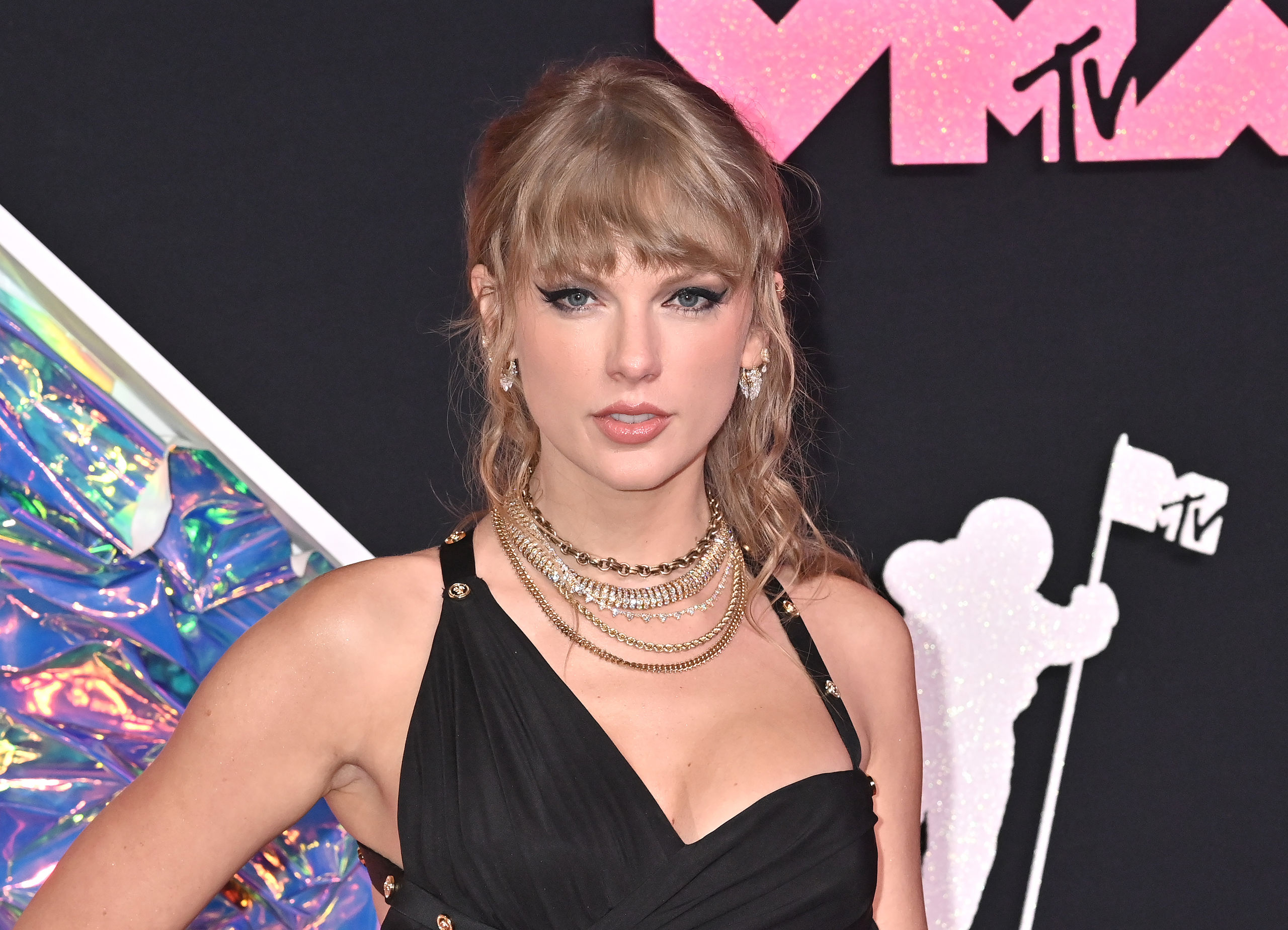The Need For Depth: Asian And Asian American Stories In Media

Table of Contents
The Prevalence of Stereotypes and Their Harmful Effects
The lack of accurate Asian and Asian American representation in media contributes significantly to the perpetuation of harmful stereotypes. These stereotypes not only misrepresent the diversity within the Asian community but also have real-world consequences for individuals and society as a whole.
The "Model Minority" Myth
The "model minority" myth, which paints Asian Americans as inherently successful, hardworking, and docile, is perhaps the most insidious stereotype. This seemingly positive portrayal is deeply problematic because:
- It masks the struggles faced by many Asian Americans: This stereotype ignores the high rates of poverty, unemployment, and discrimination faced by many within the Asian American community, particularly Southeast Asian refugees and recent immigrants. It also ignores the challenges faced by Asian Americans who are LGBTQ+, disabled, or from marginalized communities.
- It fosters internalized oppression: This constant pressure to conform to an unrealistic ideal can lead to feelings of inadequacy and shame among those who don't fit the mold.
- It creates divisions within the Asian community: The "model minority" myth pits Asian Americans against other minority groups, hindering coalition-building and collective action to combat systemic racism.
- Examples in media: The overrepresentation of affluent, highly educated Asian characters in popular media further reinforces this damaging stereotype, overshadowing the realities of a more complex and diverse community.
Other Harmful Stereotypes
Beyond the "model minority" myth, other harmful stereotypes frequently appear in media, including:
- The hypersexualized Asian woman: Often depicted as submissive, exotic, and available for the male gaze, this stereotype reduces Asian women to objects and ignores their agency and complexity.
- The emasculated Asian man: Portrayed as effeminate, nerdy, or perpetually subservient, this stereotype undermines Asian men's masculinity and limits their portrayal to one-dimensional roles.
- The nerdy/tech-savvy Asian: While seemingly positive, this stereotype confines Asian characters to limited roles and reinforces the idea that Asians are only valuable for their intellect and technical skills.
- Specific examples: From the hypersexualized portrayal of Asian women in some Hollywood films to the emasculated representation of Asian men as sidekicks in action movies, these damaging stereotypes hinder the progress of Asian representation in media.
The Lack of Diversity and Authentic Representation
The problem extends beyond harmful stereotypes to a larger issue of a lack of diverse and authentic representation. Media often fails to capture the sheer breadth and complexity of the Asian diaspora.
The Importance of Diverse Storytelling
The Asian community is incredibly diverse, encompassing a vast array of ethnicities, nationalities, languages, cultures, and experiences. To truly reflect this diversity, media needs to:
- Showcase the spectrum of Asian experiences: Stories should represent the diverse experiences of South Asians, East Asians, Southeast Asians, and Pacific Islanders, avoiding generalizations and monolithic representations.
- Highlight intersectionality: Asian characters should be multifaceted, showcasing their gender, sexual orientation, class, and other identities, rather than being defined solely by their ethnicity.
- Examples of successful representation: Shows like "Fresh off the Boat" and "Kim's Convenience" offer a glimpse into the potential for accurate and engaging storytelling, but these are exceptions rather than the rule.
The Importance of Authentic Voices
Authentic representation requires centering the voices and perspectives of Asian and Asian American creators. This means:
- Providing opportunities for Asian and Asian American writers, directors, and producers: Their lived experiences are invaluable in shaping accurate and nuanced portrayals.
- Empowering Asian and Asian American talent: This involves giving them leading roles, complex characters, and creative control over their stories.
- Moving beyond tokenism: Simple inclusion is not enough; Asian characters should be fully developed, three-dimensional individuals with meaningful storylines.
The Positive Impact of Authentic Asian and Asian American Representation
When Asian and Asian American stories are told authentically, the benefits are immense.
Increased Understanding and Empathy
Accurate portrayals in media can foster understanding and empathy among audiences by:
- Breaking down stereotypes: Authentic stories can challenge preconceived notions and foster a more nuanced understanding of the Asian experience.
- Promoting cross-cultural understanding: Exposure to diverse stories can bridge cultural divides and promote tolerance and acceptance.
- Examples of positive media representation: Documentaries showcasing the diverse lives of Asian Americans, and fictional shows that authentically depict their struggles and triumphs, play an important role in raising awareness and fostering empathy.
Positive Role Models and Inspiration
Authentic representation also provides young Asian and Asian Americans with positive role models and relatable characters, fostering:
- Improved self-esteem and identity: Seeing themselves reflected positively in media can be empowering for young people.
- Increased representation in diverse careers: Showcasing Asian Americans in diverse and successful professions can inspire future generations.
- Examples of positive characters: Characters who navigate challenges, achieve success, and celebrate their heritage can serve as vital role models for young Asian and Asian Americans.
Conclusion
The need for more accurate and nuanced Asian and Asian American representation in media is undeniable. The prevalence of harmful stereotypes, the lack of diverse storytelling, and the absence of authentic voices contribute to a distorted and incomplete portrayal of this community. By actively seeking out and supporting media that provides accurate and nuanced representations, we can help to challenge harmful stereotypes and promote a more equitable and inclusive media landscape. Let's continue to demand more depth and authenticity in Asian and Asian American representation in media! Let's celebrate the rich tapestry of Asian and Asian American experiences and demand that these stories be accurately and respectfully reflected on our screens and in our narratives.

Featured Posts
-
 Mask Singer 2025 L Autruche Une Identite Revelee Chantal Ladesou Et Laurent Ruquier Surpris
May 12, 2025
Mask Singer 2025 L Autruche Une Identite Revelee Chantal Ladesou Et Laurent Ruquier Surpris
May 12, 2025 -
 Rochelle Humes Chic New Hairstyle At London Fashion Week
May 12, 2025
Rochelle Humes Chic New Hairstyle At London Fashion Week
May 12, 2025 -
 Thermal Club Warm Up Palou Sets The Pace Ahead Of Dixon
May 12, 2025
Thermal Club Warm Up Palou Sets The Pace Ahead Of Dixon
May 12, 2025 -
 Vma Simulcast On Cbs A Sign Of Mtvs Decline
May 12, 2025
Vma Simulcast On Cbs A Sign Of Mtvs Decline
May 12, 2025 -
 Crazy Rich Asians The Tv Series Adaptation Confirmed
May 12, 2025
Crazy Rich Asians The Tv Series Adaptation Confirmed
May 12, 2025
Latest Posts
-
 High Stock Valuations And Investor Concerns A Bof A Perspective
May 12, 2025
High Stock Valuations And Investor Concerns A Bof A Perspective
May 12, 2025 -
 Understanding High Stock Market Valuations Bof As Analysis For Investors
May 12, 2025
Understanding High Stock Market Valuations Bof As Analysis For Investors
May 12, 2025 -
 Analyzing Trumps Stance On Cheap Oil And Its Effect On The American Energy Industry
May 12, 2025
Analyzing Trumps Stance On Cheap Oil And Its Effect On The American Energy Industry
May 12, 2025 -
 The Paradox Of Trumps Cheap Oil Policy Boosting Prices While Praising Producers
May 12, 2025
The Paradox Of Trumps Cheap Oil Policy Boosting Prices While Praising Producers
May 12, 2025 -
 Trumps Cheap Oil Agenda Conflicts And Compromises
May 12, 2025
Trumps Cheap Oil Agenda Conflicts And Compromises
May 12, 2025
